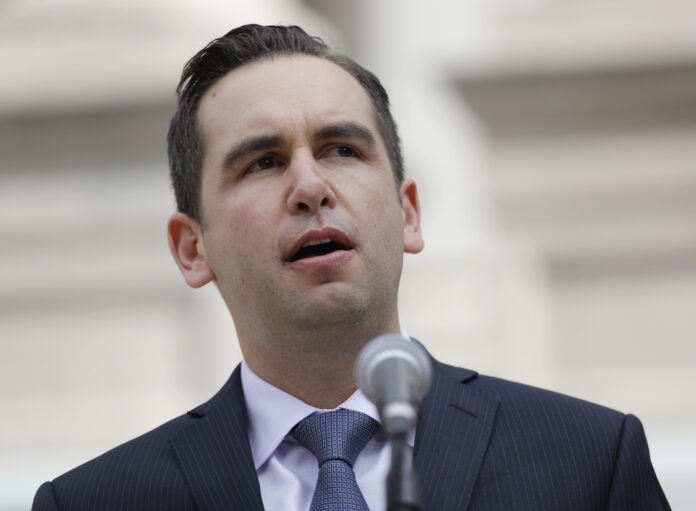Political machines have played a pivotal role in shaping the urban politics of New Jersey. From the late 19th century to the mid-20th century, these organizations wielded significant power, particularly in cities like Jersey City, Newark, and Camden. This article explores the rise and fall of political machines in New Jersey, focusing on their impact on urban governance, voter mobilization, and the challenges of political corruption.
The Rise of Political Machines
Political machines in New Jersey emerged in response to rapid urbanization and the influx of immigrants during the late 19th century. These organizations were highly organized and hierarchical, with a central leader, or “boss,” at the top. They provided essential services and support to urban residents, particularly immigrants, in exchange for political loyalty and votes.
One of the most notable political machines was led by Frank Hague in Jersey City. Hague’s reign as mayor from 1917 to 1947 epitomized the power and influence of political machines. His administration was characterized by its ability to deliver services, maintain order, and secure electoral victories through patronage and sometimes coercion.
Mechanisms of Power
Political machines maintained power through a variety of mechanisms. Patronage was a key tool, with jobs, contracts, and favors distributed to loyal supporters. This system ensured a steady flow of votes and reinforced the machine’s control over city governance. Machines also excelled in voter mobilization, using ward bosses and precinct captains to engage with residents and ensure high voter turnout.
In addition to patronage, political machines often engaged in corrupt practices such as vote-buying, ballot stuffing, and intimidation. These tactics, while effective in maintaining power, also led to widespread corruption and public distrust.
Impact on Urban Governance
The influence of political machines on urban governance was profound. On one hand, they played a crucial role in integrating immigrant communities into the political process, providing them with access to services and a voice in local politics. This integration helped immigrants navigate their new environment and contributed to social cohesion.
On the other hand, the dominance of political machines often led to inefficiencies and corruption in city governance. Public resources were frequently misallocated to serve the interests of the machine rather than the broader community. Infrastructure projects and public services were used as tools for political gain, leading to uneven development and neglect of less politically connected areas.
Decline of Political Machines
The decline of political machines in New Jersey began in the mid-20th century, influenced by several factors. The rise of the Progressive Movement brought calls for reform and greater transparency in government. Progressive leaders advocated for civil service reforms, primary elections, and other measures to reduce the influence of patronage and corruption.
Additionally, the demographic shifts caused by suburbanization weakened the power of urban political machines. As middle-class residents moved to the suburbs, the machines lost a significant portion of their voter base. The decline of industrial jobs and the rise of a more educated electorate also contributed to the erosion of machine power.
High-profile investigations and prosecutions further exposed the corruption associated with political machines, leading to their eventual dismantlement. The fall of Frank Hague’s machine in Jersey City, for example, marked a significant turning point in New Jersey’s political history.
Legacy and Lessons
The legacy of political machines in New Jersey is complex. While they played a role in shaping the state’s urban politics and integrating immigrant communities, their methods often undermined democratic principles and led to widespread corruption. The decline of political machines paved the way for more transparent and accountable governance, although challenges remain.
Today, the lessons of political machines continue to resonate. The importance of voter engagement, the dangers of unchecked power, and the need for political accountability are enduring themes in New Jersey’s political landscape. Understanding the history of political machines provides valuable insights into the ongoing quest for effective and equitable governance in urban areas.
The story of political machines in New Jersey is a testament to the interplay of power, corruption, and reform in urban politics. While their influence has waned, the impact of political machines on the state’s political culture and governance remains significant. As New Jersey continues to navigate the complexities of urban politics, the legacy of political machines serves as both a cautionary tale and a reminder of the potential for political innovation and change.












